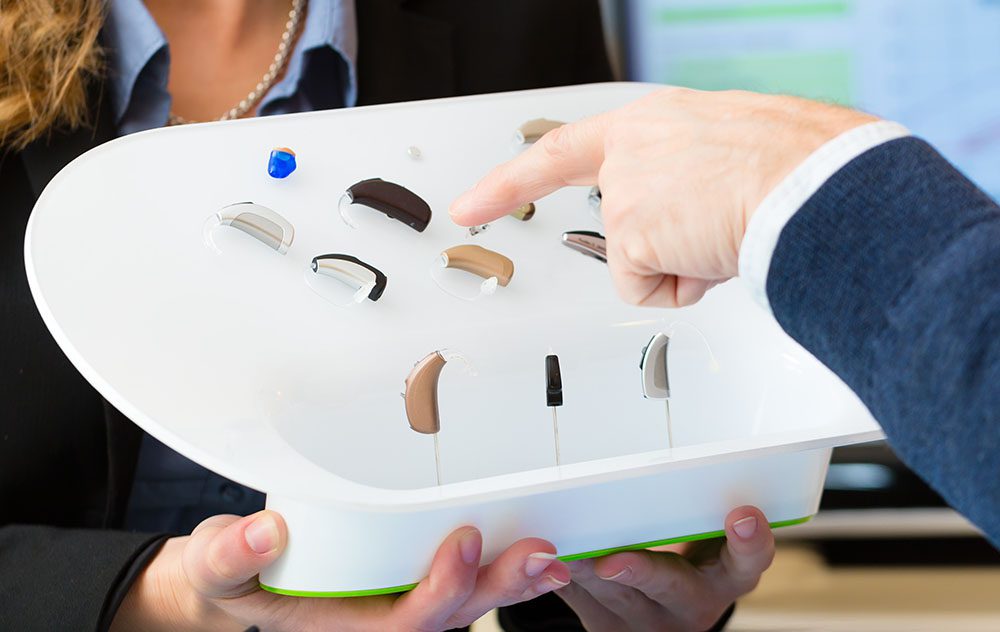Specific Nutrients That Support Hearing Health
A balanced diet is key to maintaining overall health, but have you ever


A balanced diet is key to maintaining overall health, but have you ever

Selecting the right hearing specialist is a significant decision that

Experiencing difficulty following conversations or finding yourself